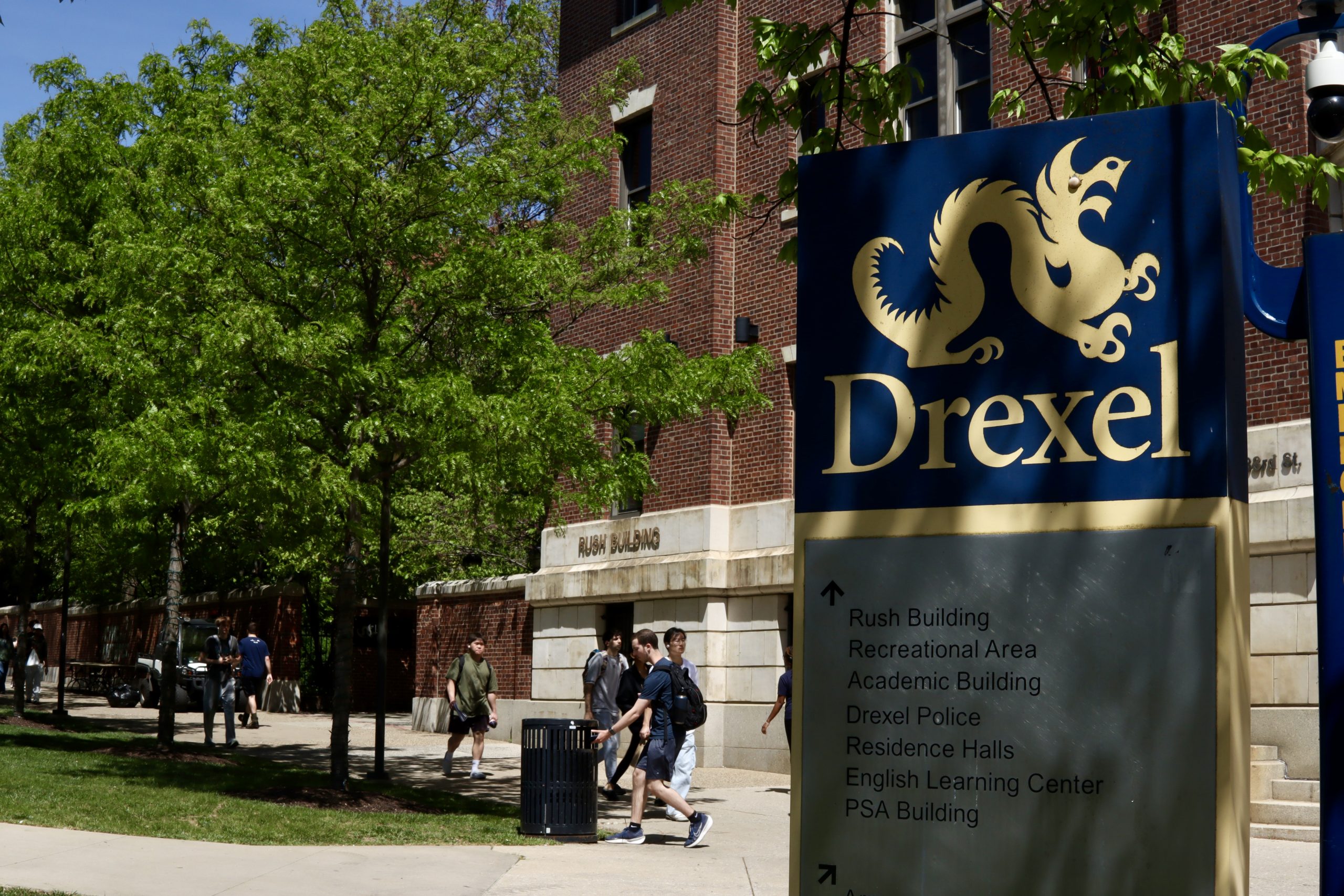
Since President Donald Trump’s January inauguration, there has been a steady shift in government policy on higher education, ranging from the removal of diversity, equity and inclusion policies to official proposals to dismantle the Department of Education. These policy changes and new rules have put student activists at risk while also reducing the opportunities available to students from low-income and marginalized backgrounds.
As the administration seeks to penalize colleges and universities not in compliance with new federal policies targeting antisemitism and discrimination, it has withheld funds for research as leverage. According to the American Council on Education these cuts put innovation in areas like health care, energy and technology at risk – sectors that rely on federally funded university research but drive economic growth. Withheld funding not only has the potential to put students at risk of losing funding for academics and research, but also curtails students’ freedoms.
Further concerning citizens are proposals to abolish the Department of Education; many students rely on aid programs like the Free Application for Federal Student Aid – better known as FAFSA – to afford their education. The majority of first-generation students require financial assistance, and without it, private scholarships can be insufficient to make institutions such as Drexel University affordable.
Drexel students have raised their own concerns; one first-generation, freshman political science major at Drexel expressed, “The implications of the policies being put into place are threatening: a lack of funding for school[s], and a perpetual witch-hunt, despite the citizenship one holds.”
As a result of these policies, they further shared: “Now, people make more jokes—towards myself (a minority student) and many of my friends who happen to be international students.”
On the other hand, students are noticing anti-Trump sentiment. The student who spoke with the Triangle added that “there are still many people on our campus who are not politically engaged, but are now attempting to understand the numerous implications of what is [happening] and what may be coming.”
The ongoing arrests of pro-Palestinian international students further illustrate a policy shift. In light of this, international students engaged in journalism and political activism are putting themselves at risk of deportation. Permanent U.S. resident Mohsen Mahdawi is among the notable detainees under this policy, with a trending video on social media showing his arrest outside of an immigration office as he holds up a peace sign. These international students’ legal status has been that of legal permanent residents or temporary residents with revoked visas.
BBC reports that the increased effort by immigration officials is a part of President Trump’s promise to combat antisemitism, which was incorporated into an executive order in January. As these student activists face potential deportation, there are no guarantees on what their futures hold.
The Trump administration has also prioritized its plan to roll back protections for LGBTQ+ rights, especially in higher education. ESPN reports that the administration warned the University of Pennsylvania that it had violated civil rights laws by allowing NCAA Division I swimmer Lia Thomas, who is transgender, to compete. While the administration’s statement does not directly name the swimmer, she has been a frequent target of critics of transgender athletes.
ESPN continues by stating, “The department said Penn has 10 days to voluntarily resolve the violations or risk prosecution.” If they do not comply, Penn risks losing federal funding.
As the legal battles unfold, there is still much that is unclear as to the policies that will be implemented throughout the remainder of Trump’s term. As for Drexel, besides specific department name changes, there has been no significant progress towards the elimination of protections for minority groups or restriction of student activism as the Trump administration is demanding.


